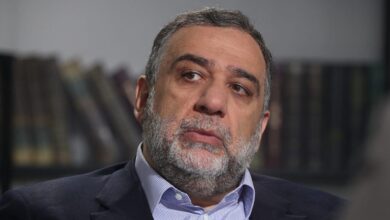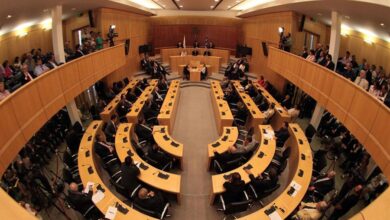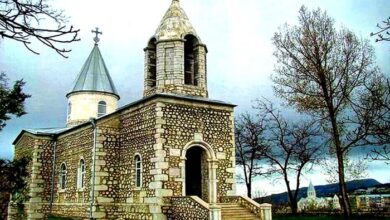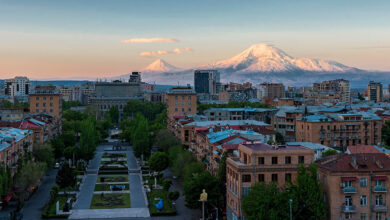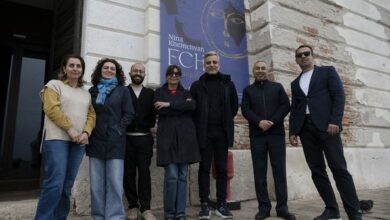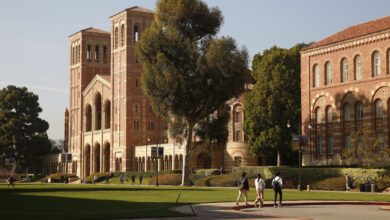First Armenian student graduate from the 7th Army NCO Academy
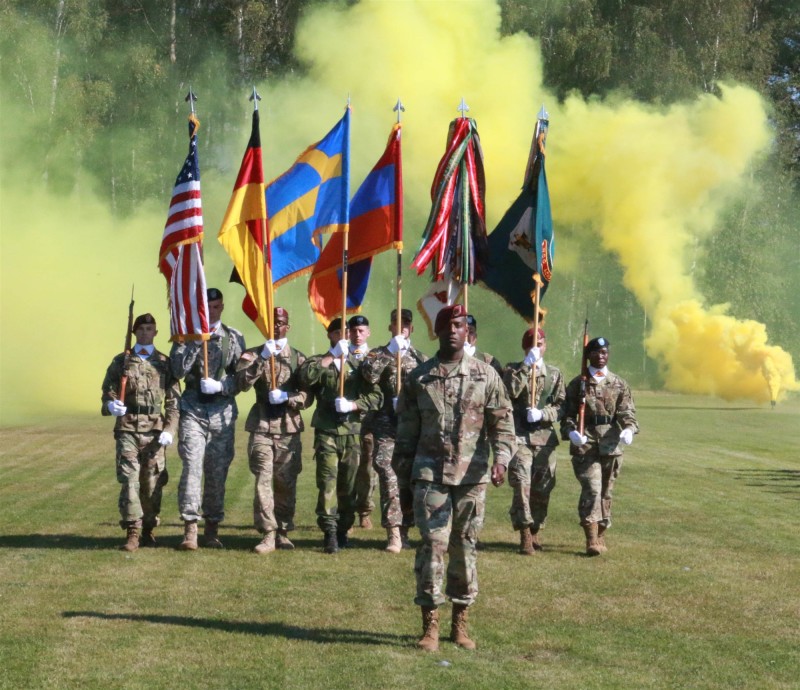
U.S. European Command – Soldiers from the Swedish and the Armenian armies graduated from the Basic Leader’s Course (BLC) at the 7th Army Training Command’s (7ATC) Noncommissioned Officer Academy (NCOA) here Sept. 8.
The six Swedish service members and the one Armenian NCO were the first from their countries to attend the BLC here.
Hosts from other countries learn about the BLC when they visit 7ATC which helps to spread the word of the capabilities of the course, said First Sgt. Eric D. Lowery, the outgoing deputy commandant at the NCO Academy.
“The strategic location of the academy makes us unique and different from every other academy in the U.S. Army,” said Lowery. “Having international students here is a great learning opportunity for U.S. Soldiers and Allied partners.”
U.S. Soldiers that attend the BLC here are at an advantage because they get to expand their knowledge by sharing the leader development experience with international students, in which they would not be able to do stateside.
“Soldiers that come through this course are very fortunate because they get the opportunity to partner with people they’re probably going to be fighting with in an institutional environment,” said Lowery.
While U.S. Soldiers are able to build relationships with allies, the international soldiers are able to compare and contrast the U.S. Army’s NCO corps to their own army’s leadership development.
The 7th Army NCO Academy’s mission is to train and develop future leaders who are adaptive, disciplined and ready to lead effectively at the squad and team levels. Elements of the course include the Army Physical Fitness Test, daily physical training, classroom instruction, drill and ceremony, land navigation and the culminating training exercise at the end of the 30-day course.
According to Sgt. Wincent Truong, a squad leader assigned to the P4 Skaraborg Regiment in the Swedish Army, the U.S. Army and the Sweden army share some similarities in the following areas: physical training goals; marching commands; calling cadences; and having an Army-wide program to prevent and respond to sexual harassment and assault.
Sgt. Vahram Zohrabyan, a squad leader assigned to the Armenian Peace Keeping Brigade, also shares some similarities such as conducting land navigation back at his home unit.
Although Zohrabyan conducts physical training at his home unit, he found that conducting physical training immediately upon wake up from a night’s rest was challenging.
The students were able to not only learn the course material but some leader characteristics as well.
Zohrabyan said that one of the most valuable characteristics he learned from the instructors was confidence, an area that he wishes to improve.
“When I see the instructors, I see confidence,” Zohrabyan said as he was describing one of the instructor’s abilities to teach a class without hesitation.
Both service members are now able to take the skills they’ve learned to their country and teach to their fellow service members. But not just the skills, they’re also able to share their experience with training alongside American Soldiers.
“I’m happy to communicate with the American Soldiers, build a relationship with them and to take in more experience from the instructors,” Zohrabyan said as he advises other international students to attend the BLC here.
“It’s a good experience to be in another country, cooperate with other Soldiers, see how they see things and build some balance between America and Sweden,” said Truong.
Truong said that he hopes to remain in contact with his newly found American friends thanks to course.



